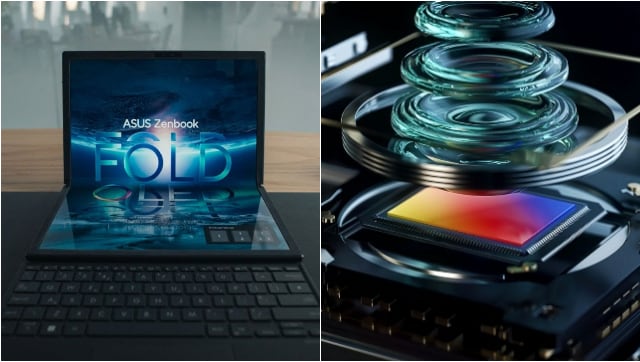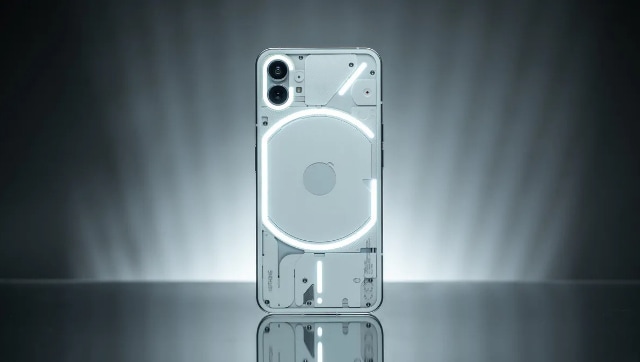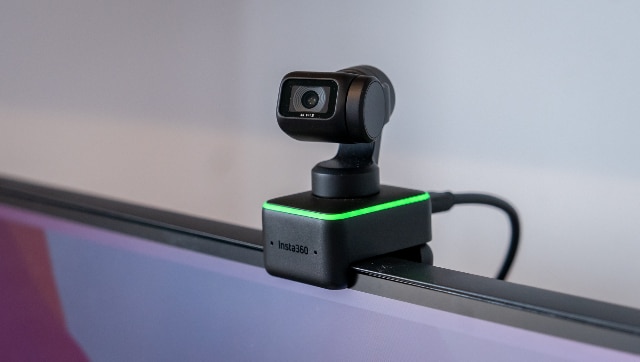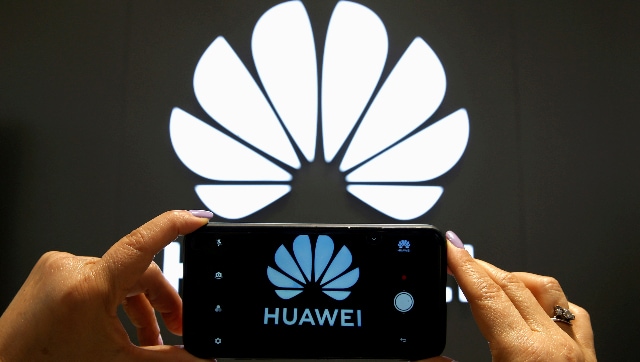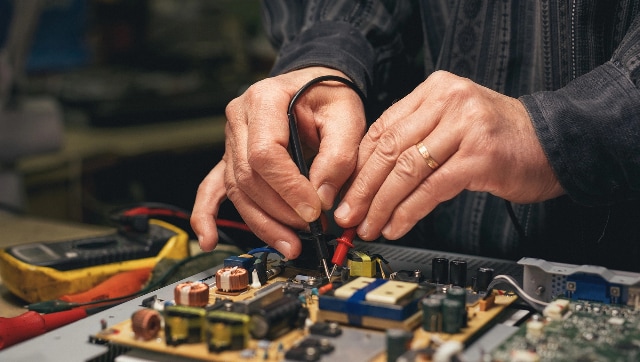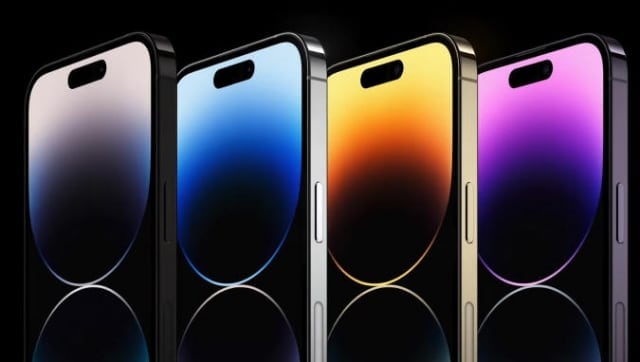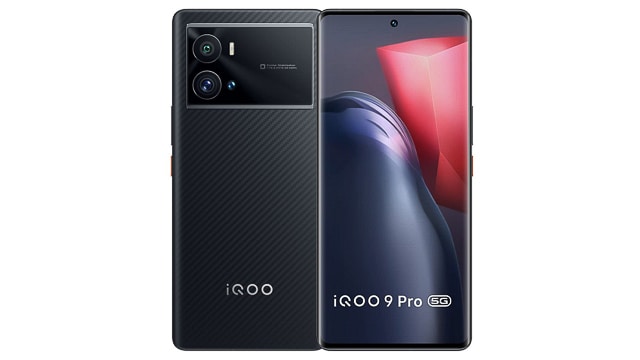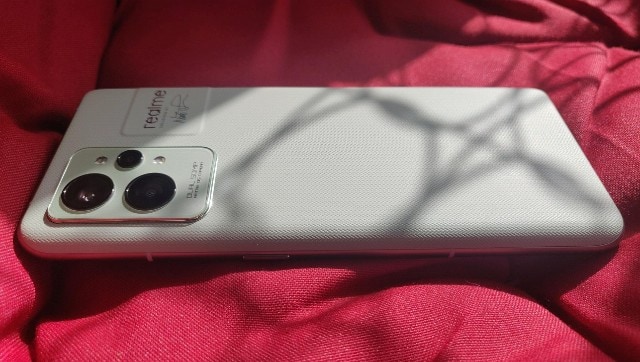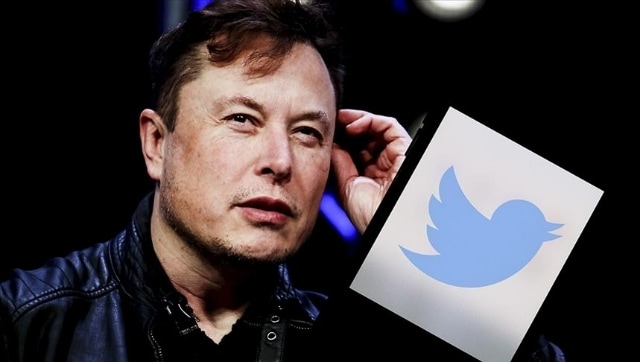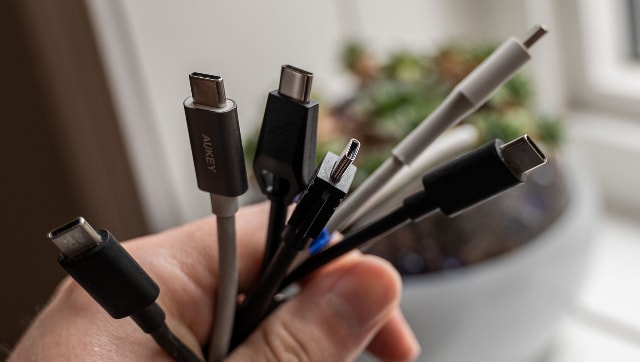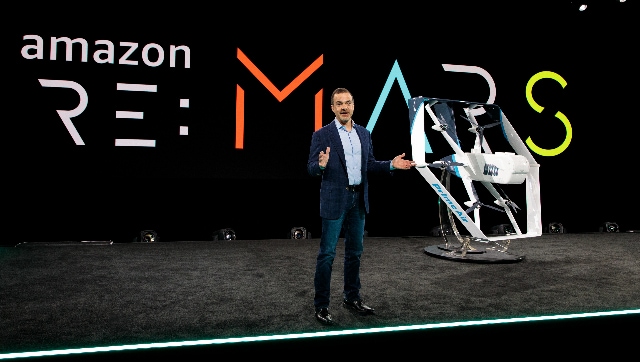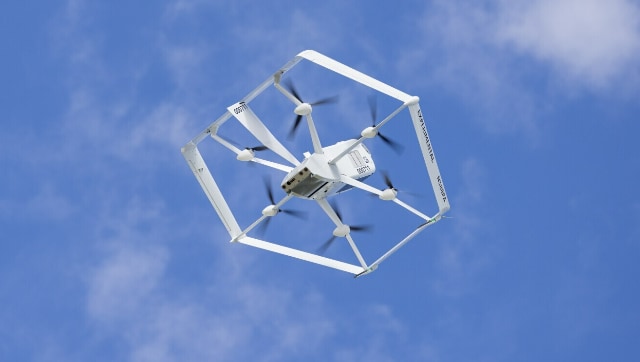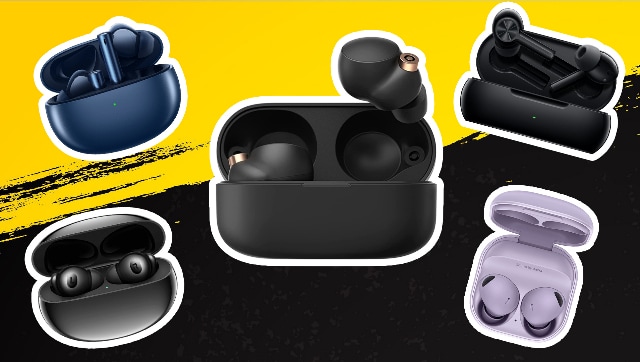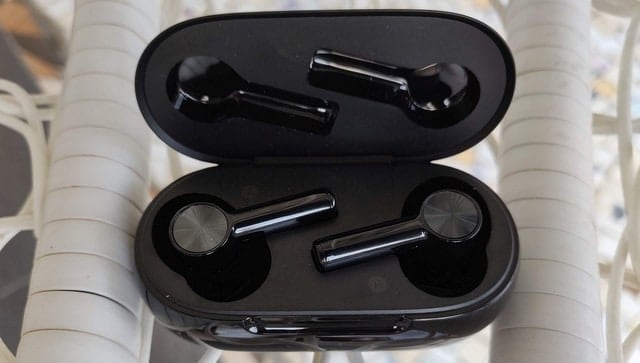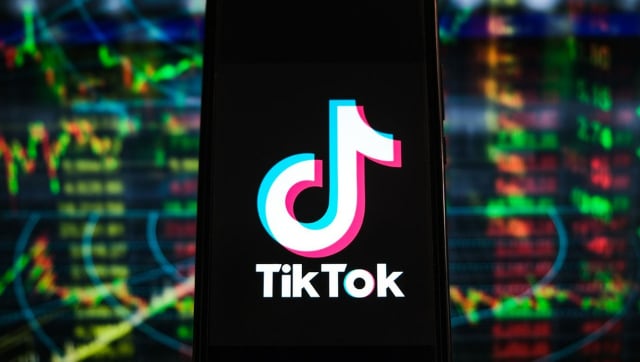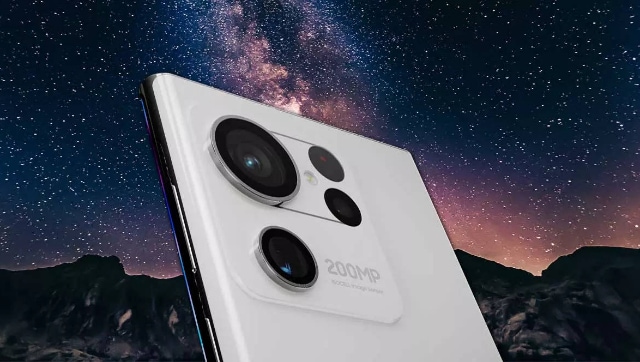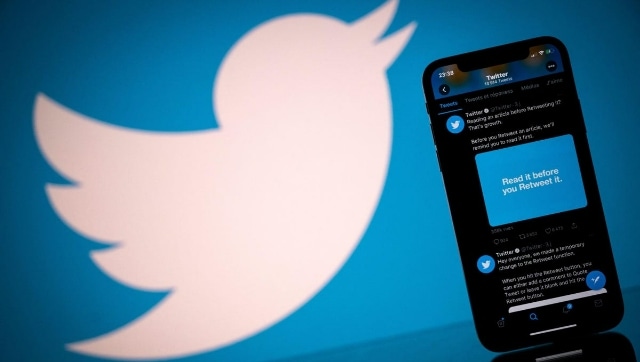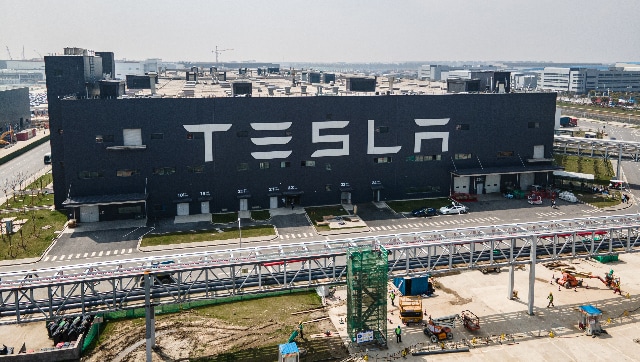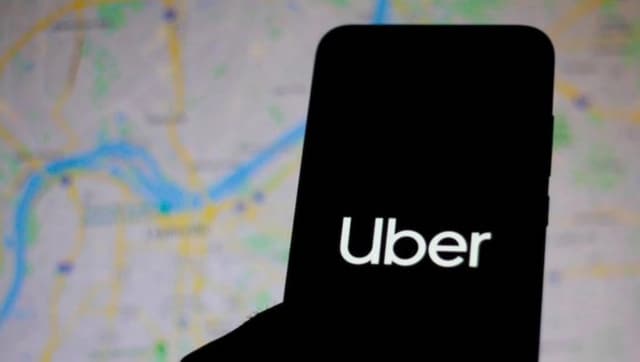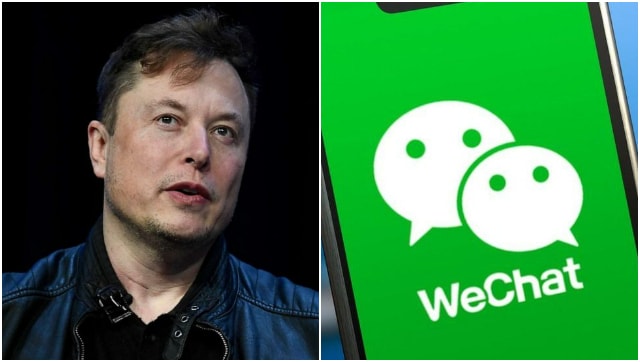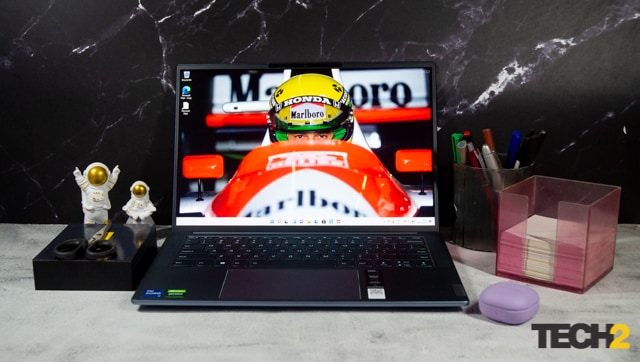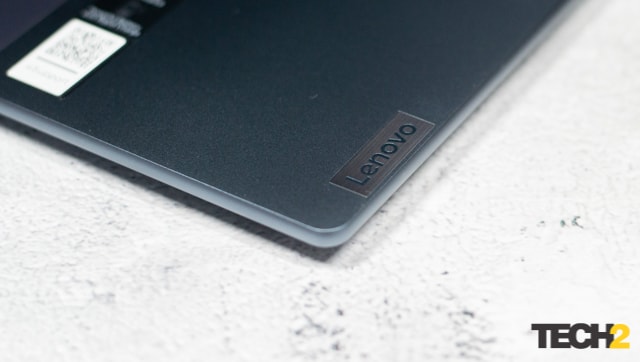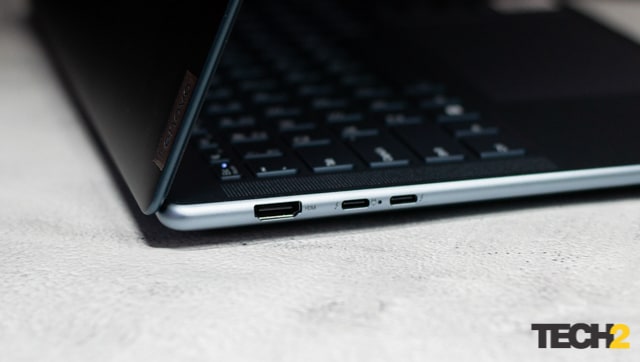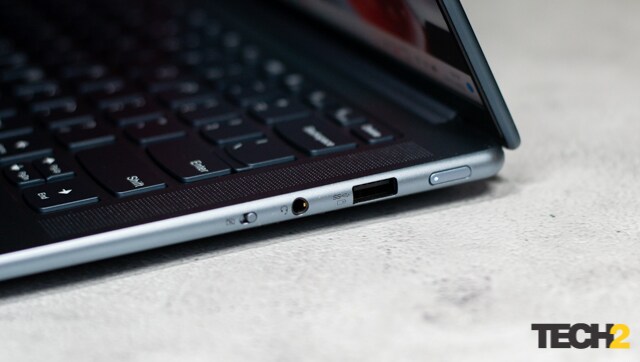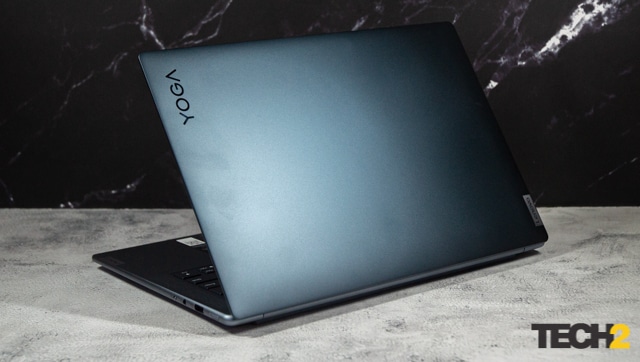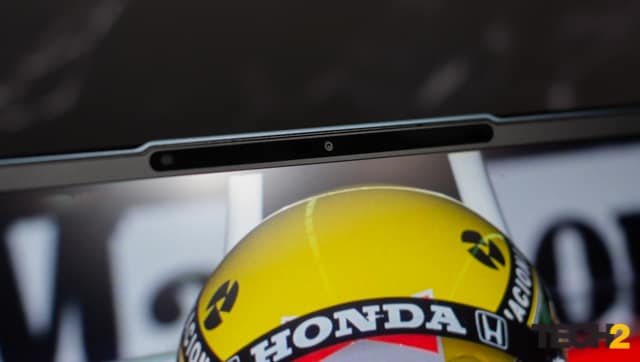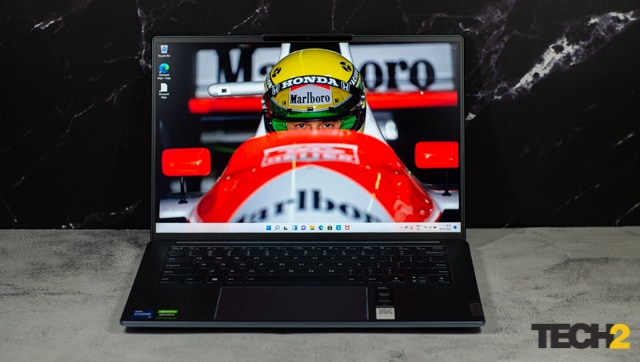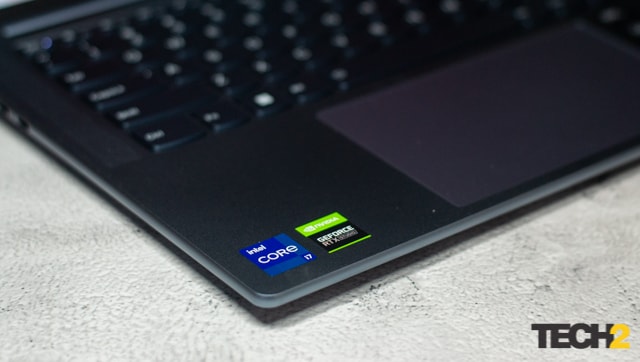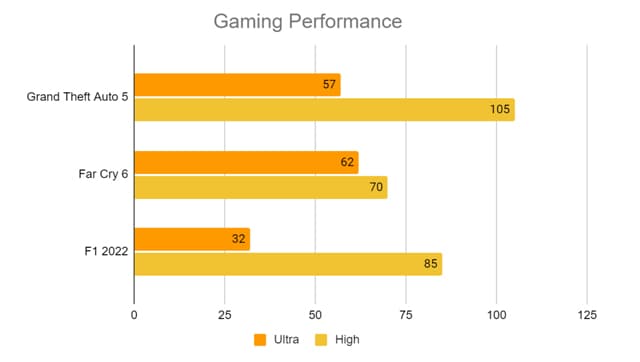Pros
– The display
– Fast Charging
– The performance and hardware
– The build-quality
– The design and aesthetics
– Keyboard and trackpad are a joy to use.
Cons
– Soldered RAM means no upgradability
– No card reader
– Speakers and webcam could have been better
Price: Rs 1,54,200
Rating: 4/5
Thin and light notebooks, in general, have been designed to give users an ultraportable machine that looks great and feels awesome to show around. The downside, with most thin and light notebooks, however, is that they ignore performance and sometimes even battery life, to the point that no professional or prosumer user would consider a thin and light as a viable option.
The Lenovo Yoga Slim 7i Pro X, however, is a pleasant departure from this. Here we have a solid thin and light notebook, that not only performs great as an everyday machine for light tasks but is equally adept at handling something beefier like video and photo editing. Plus, it has all the hallmarks of a traditional thin and light – a great and aesthetic design, featherlight weight, and a solid build.
There are a few issues, which some prosumer users would find baffling – the lack of any card reader, for example – but when it comes to downright computing power and performance, the Lenovo Yoga Slim 7i Pro X leaves people pleasantly surprised.
And even though Lenovo is not positioning it as a thoroughbred gaming machine, it certainly has the chops to let users enjoy some of the best titles, at a level that not many laptops are able to achieve.
We take a look at all the aspects of the Yoga Slim 7i Pro X from Lenovo, and see if this thin and light is worth considering.
Lenovo Yoga Slim 7i Pro X Review: Specs and features
Our test unit of the Yoga Slim 7i Pro X came with the 12th Gen Intel Core i7-12700H which has 6 Performance cores and 8 Efficiency cores for a total of 14 cores and a TDP of 45W. Users also have the option to go for the i5-12500H. Our unit was paired with a healthy 16GB DDR5 RAM running at 6000Mhz. Users can also go for 32GB RAM in a dual-channel configuration. But do keep in mind that the RAM is soldered on, so there’s no way to upgrade.
As for the GPU, we have an Nvidia RTX 3050 with 4GB of GDDR6 VRAM, which boosts up to 1057 MHz, thanks to a healthy TDP of 55W.
For the display, we get a 14.5-inch 3K display with a resolution of 3072X1920 pixels. The display is an IPS panel, anti-glare display, and supports a refresh rate of up to 120Hz. The panel covers 100 per cent of the sRGB colour gamut and has a peak brightness of 400 nits. There are options for a touch panel as well, which do not give up any of the bells and whistles mentioned earlier.
Our unit came with the top-of-the-line 1TB PCIe 4.0-based NVMe M.2 SSD for storage. Powering the device is a 70W 4-cell battery.
As for the ports, the options are frugal. you get a single USB 3.2 Gen 1 Type-A port, two USB 3.2 Gen 2 Type-C ports with support for DisplayPort 1.4, Thunderbolt 4, and power delivery, and an HDMI 2.1 port. You also get a 3.5mm port for your audio accessories.
Wireless connectivity is taken care of by WiFi 6E and Bluetooth 5.1. Considering that the Yoga Slim 7i Pro X is a prosumer notebook and is being aimed at professionals for content creation on the go, we would have loved to see a microSD card slot.
Lenovo Yoga Slim 7i Pro X Review: Design and Build
We get a solid chassis made of aluminium, which is available in two colours – Dark Teal and Ultimate Grey. Our test unit was in the Dark Teal colourway, which is actually the better of the two options. The laptop looks stunning thanks to its colour and the way the light reflects off of the panels. And, despite weighing just over 1.5 kilograms, the laptop feels sturdy and built like a tank. It isn’t exactly built like a MacBook, but it is pretty close, and that’s saying something.
The hinge again is solid and easy to operate. Despite the fact that the hinge feels very light to operate, and that it allows the display to be tilted all the way back, it is solid enough to eliminate unnecessary wobbling of the screen.
On the left side of the laptop, we have the two USB-C ports along with the HDMI port. On the right, we have the USB-A port, along with the power button, a 3.5mm combi port, and a webcam shutter.
The edges of the laptop are rounded and have a softish, pleasant feel. Across the laptop, we find materials that are pleasing to touch.
As for vents, the Yoga Slim 7i Pro X has an array of vents right below the display which always stays hidden, and a giant mesh at the bottom.
Lenovo Yoga Slim 7i Pro X Review: The Keyboard and trackpad
Let’s start with the trackpad. Despite the fact that the Yoga Slim 7i Pro X is a 14-inch laptop, it has a huge trackpad, that would put 15-inch laptops to shame. It feels great to use, and tracks well. Moreover, it is very accurate and has no noticeable dead zones, and is hardly susceptible to fingerprints. Lenovo has utilised the space below the keyboard really well. Even when resting your palms on the palm rests, the trackpad is easy to reach for both of hands.
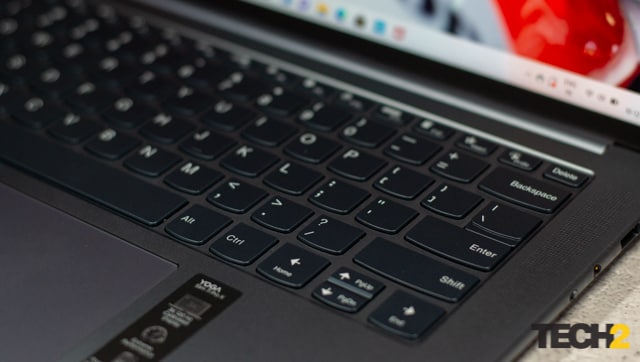
As for the keyboard, we get a white backlit keyboard. The layout is that of a typical Lenovo laptop and is very easy to use. We were back to our regular typing speeds in just under 15 minutes of usage. As with all thin and light prosumer notebooks, the Yoga Slim 7i Pro X uses a membrane keyboard which provides a great and satisfying typing experience. Also, because the keyboards are slightly curved at the bottom edge, they are slightly easier to type on, if you have the tendency to miss hitting the centre of each keycap.
Lenovo Yoga Slim 7i Pro X Review: The Webcam and Speakers
On either side of the keyboards, you will find the speaker grills. You get dual 2W upward-firing stereo speakers, which seem pretty well-balanced for a 14-inch laptop. They are not the greatest sounding laptop speakers in the world, but we have heard worse in notebooks that cost more than the Yoga Slim 7i Pro X. They’re more than suitable for your video calls and for watching videos, but they don’t get very loud. Also, we found that it lacked a punchy bass. However, if you’re looking to use this for serious content consumption or mixing sounds, we recommend going for a better solution than the included speakers.
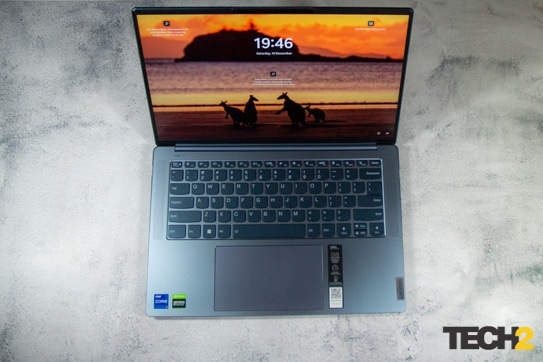
As for the webcam, it uses a 1080p sensor, which is actually better than most other laptops costing twice as much offer. The output from the camera is pretty decent. The dynamic range could have been better, but at least we have the resolution to do something here. In conditions where the lighting isn’t optimal, videos do get grainy, but not to the point where you would complain. The included camera is more than enough for your work meetings.
What we love is the fact that there is an electronic privacy shutter, although, we would have loved to see a physical shutter. We also love the fact that the camera supports Windows Hello facial recognition for an added layer of biometric security. It is fast and works instantly.
Lenovo Yoga Slim 7i Pro X Review: The Display
The Yoga Slim 7i Pro X comes with a 14.5-inch 3K IPS display that has a resolution of 3072 x 1920 pixels, laid out in a 16:10 aspect ratio. The panel itself covers 100 per cent of sRGB colour space and has a peak brightness of 400 nits. It also has a refresh rate of 120Hz, which makes using the laptop a breeze, no matter what you’re doing. Our test unit did not have any touch capabilities, but Lenovo is offering users an option to upgrade to a touch panel. Users also have the option to go for a glassy-looking panel. The display is surrounded by very thin bezels which makes using it a very immersive experience.
The taller aspect ratio of the display makes it great for working on documents and spreadsheets and also has a ton of benefits when you’re editing photos or videos on the laptop. The fast 120Hz refresh rate is another great touch, although we did see some ghosting during games.
Speaking of editing videos and photos. the display itself is very sharp and shows great colours, with plenty of contrast. Even though it isn’t an OLED panel, the colours are bright and vibrant, with great saturation. It covers about 70 per cent of the Adobe RGB and 71 per cent of the DCI P1 colour gamuts. Needless to say, we were pretty confident in colour-grading some photos and videos using the display.
Lenovo also gives you the option to enable G-Sycn on the integrated panel.
Lenovo Yoga Slim 7i Pro X Review: Performance
The Lenovo Yoga Slim 7i Pro X comes with a 12th Gen Intel Core i7-12700H CPU. The processor has 6 Performance cores and 8 Efficiency cores for a total of 14 cores, 20 threads and 24M cache. The E-cores boost up to 3.5Ghz whereas the P-cores go all the way up to 4.7Ghz. The i7 gets to play with up to 65 watts of continuous power and 85 watts when it boosts.
For the graphics, apart from the onboard Intel Iris XE graphics, we also have an NVIDIA GeForce RTX 3050 Laptop GPU, with 4GB of GDDR6 Memory. The 3050 Laptop GPU here is clocked at 1057 MHz with a maximum TDP of 55W.
Thanks to Lenovo Vantage, we get the option to choose between three performance settings.
The Yoga Slim 7i Pro X is equipped with an Intel i7 12700H, an RTX 3050, quick storage, and a tonne of RAM, making it capable of doing most jobs without breaking a sweat. When you’re editing video, the dedicated GPU is very useful because it will cut render times in half.
With these specifications, it will also be able to play various games without any problems, which is a very appealing prospect in our opinion. Gaming laptops are often heavier, thicker, and have flashy designs made of cheap plastic. We were pleased with the Lenovo’s performance, and we consider it a huge success when it combines some gaming capability with a sturdy build, a lightweight chassis, and a simple style.
This is made possible by the powerful CPU and GPU processors, as well as the quick working memory and an NVMe SSD with high data transfer speeds. As a result, in everyday usage, the laptop seems to be quite responsive. Applications for the office and the internet are not difficult to use.
Coming to how the laptop performs, in productivity tasks, the device just eats up whatever you throw at it. Want to render some short-length high res-video for Instagram or YouTube on the go? Done. Want to process a huge batch of images in Lightroom or Photoshop to send to an agency or to your clients in a jiffy? Easy. The scores it gets on synthetic benchmarks is proof that this machine is for those who mean business.
As for gaming, the Lenovo Yoga Slim 7i Pro X is a very capable gaming machine, even though Lenovo is not positioning it as one. Because of the rather odd aspect ratio of the display, and the fact that it comes with a 3K display, you will need to run your games at 1080p. But man oh man do games run smoothly.
We ran games like Grand Theft Auto 5, Far Cry 6, and F1 2022, all AAA gaming titles at 1080P, at the highest presets, and then the second-highest presets. The gameplay we experienced was more than adequate for an enjoyable gaming experience, even at the highest levels – at the second-highest level of details, the gameplay was even better, with very little loss to the visuals.
In GTA 5, we got about 57 fps at ultra and 105 fps at high, whereas in Far Cry 6, we got 62 fps at ultra and 70 fps at high. In F1 2022, we got 32 fps in ultra and 85 fps in high.
Lenovo Yoga Slim 7i Pro X Review: Battery Life
The Lenovo Yoga Slim 7i Pro X has a pretty solid battery life. It isn’t anything to rave about, but given the hardware that the laptop comes with, it is pretty good, especially when you consider other thin-and-light laptops in this price bracket. As for the technical details, we get a 4-cell, 70Wh battery with the laptop, which Lenovo says will last you for up to 10 hours.
During our thorough battery testing, which basically is replaying a 4K video on the loop, with the display set at 200 nits and the volume at 80 per cent, the laptop conked out in just over 7 hours or so.
In an average day of work which involved a ton of writing, some photo editing, a whole lot of browsing, and quite a bit of content consumption on YouTube and Netflix, we got about 8 hours of battery life before we had to look for the charger.
Do keep in mind that when you game on the laptop without the power cord, the battery life takes a significant hit thanks to the RTX 3050.
The laptop comes with a 100W USB-C charger, which charges the device from 5 per cent to 100 in less than an hour and a half, and can give users 3 hours of usage time in just 15 minutes of charging. What we really love about the charger, is that it is very portable unlike some of the other charging bricks that we get with high-performance machines.
Lenovo Yoga Slim 7i Pro X Review: Verdict
The Lenovo Yoga Slim 7i Pro X is a well-balanced and extremely capable laptop that has a very portable form factor. You get some of the best hardware that manufacturers are offering at this price point, and the performance to show for it. Moreover, it is very aesthetic to look at. The display, in spite of being an IPS panel, is one of the best we have tested in thin and light notebooks. Needless to say, it is a joy to use the laptop for our day-to-day tasks.
The CPU and GPU combo performs really well. The price makes the performance accessible to a whole lot more people. Thanks to the RTX 3050, the Yoga Slim 7i Pro X is also suitable for some serious gaming, even though, Lenovo isn’t positioning it as a gaming laptop. But then, any device that can carry out hard-core computing tasks such as video rendering and photo editing with ease, is bound to perform well in games.
If you’re in the market looking for a portable thin and light but do not want to give up on the performance chops of a beefier laptop, then the Lenovo Yoga Slim 7i Pro X ticks all the right boxes for you.
from Firstpost Tech Latest News https://ift.tt/DFTQV6y
